Hello and happy Saturday. On Monday, Congress certified Donald Trump’s Electoral College victory. During a Tuesday press conference, Trump made false claims about the January 6, 2021, riot at the Capitol, suggested turning Canada into America’s 51st state, and proposed renaming the Gulf of Mexico to the “Gulf of America.” On Friday, he was sentenced to an “unconditional discharge” for his conviction in Manhattan over hush-money payouts to an adult-film actress. That means he won’t face jail time, but his conviction will stand. And yet he was not even the top story of the week.
Wildfires have caused unprecedented devastation in Los Angeles. As of Saturday morning, the Palisades and Eaton fires that broke out Tuesday have consumed nearly 40,000 acres, the death toll stands at 11, and thousands of structures have burned down. But those statistics do little to capture the scale of loss.
These fires have hit densely populated areas and destroyed entire neighborhoods. Los Angeles has seen only scant rainfall since May, and the combination of dry vegetation and Santa Ana winds—with gusts reaching 100 mph Tuesday night—caused the fire to spread rapidly.
There will be many issues to address over the next few weeks. Did state and federal environmental policy contribute to the conditions that made the fire so dangerous? In what ways might climate change have played a role? How will Donald Trump, who has often feuded with California Gov. Gavin Newsom, handle the federal response when he takes office? What does this mean for the insurance industry, as state regulations already have prompted several insurers to withdraw from or limit their presence in California?
We will try to address as many of those questions as we can. For now, I’ll leave you with some other pieces you might have missed. Kevin D. Williamson published a weeklong series on the Bureau of Alcohol, Tobacco, Firearms, and Explosives. Kori Schake of the American Enterprise Institute warned that World War III could be approaching as Russia, Iran, China, and North Korea work together more closely even as each exacerbates tensions in their own regions. And Nick Catoggio reflected on the fact that Trump was certified as the winner in the 2024 election four years after his supporters stormed the Capitol in an attempt to stop the certification of Joe Biden’s victory. Thank you for reading and have a good weekend.
This afternoon, on the fourth anniversary of the attack on the Capitol, the man responsible for it was certified as the winner of the 2024 presidential election by many of the same members who had fled the House and Senate in fear for their lives from the mob he had whipped up. Trump not only won the national popular vote this year, he’s now viewed more favorably by the American public than he was at any point during his presidency. It doesn’t follow from that data that his coup attempt made him more popular—but it does follow that it hasn’t made him less so. History is written by the victors, it’s said. Trump and his movement are the victors in the raging political conflict they provoked four years ago. How will the history of January 6 be written?
With land wars in Europe and the Middle East and tensions running high in Asia, speculation has only grown louder that we are on the brink of or in the early stages of World War III. We are not. There has not been a foreign attack on the U.S. homeland that would motivate the country to undertake a major national effort to preserve our freedom. Governments allied with the United States are not being toppled or their territories occupied. Major powers are not fighting each other directly. U.S. troops are in combat in relatively small numbers for limited regional purposes. But a world war is approaching. The international order is bifurcating into ideological spheres again, with one sphere consisting of the U.S. and countries attempting to preserve gains of freedom and prosperity from the last 35 years, and another sphere consisting of countries that consider those gains to have come at their expense or endanger their domestic control.
Do we need an ATF? There is a reasonable—and strong—case to be made that we do not. At least as far as the question of regulating firearms goes, much of what the ATF does is unnecessary, and its necessary work would be better done by other federal agencies or by states and municipalities. (Other items in the ATF portfolio, such as alcohol and explosives, are beyond my scope here.) The ATF is a hodgepodge agency that has been overseen by different departments over the years ranging from Treasury to Homeland Security—its agents and leaders by their own account really want to spend their energy fighting organized crime, but its main firearms-related activity is the regulation of sporting goods stores. And it is not clear that the agency fighting transnational drug cartels should also be the agency regulating Dick’s Sporting Goods.
And here's the best of the rest:
Grocery shoppers are facing empty store shelves and another spike in prices.
Traditional lobbying may be out, while cozying up to the big man is in.
Chuck Schumer wouldn’t allow a vote on the Laken Riley Act last year. His party just helped advance it.
We invited him in … again.
An allegory, a nightmare, and a gateway.
A message from Steve Hayes.
Does the TikTok ban violate the First Amendment?
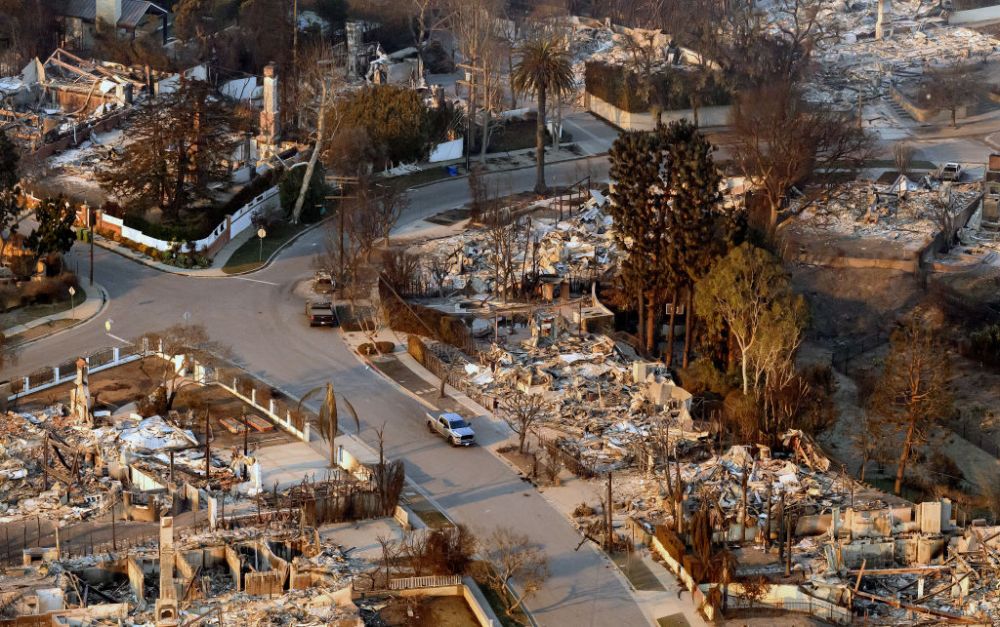
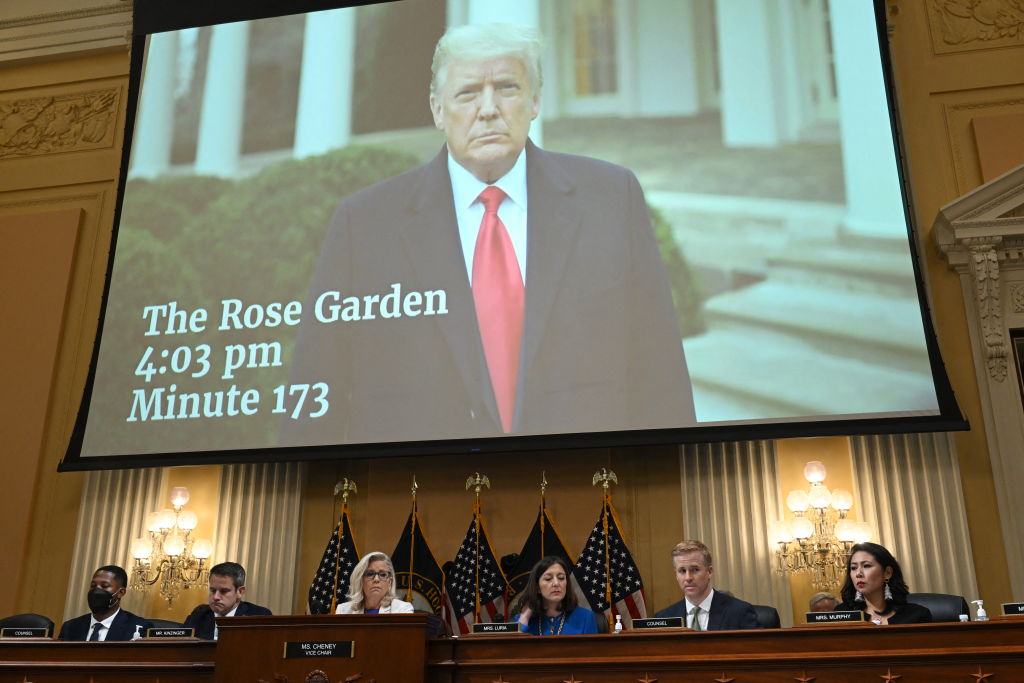
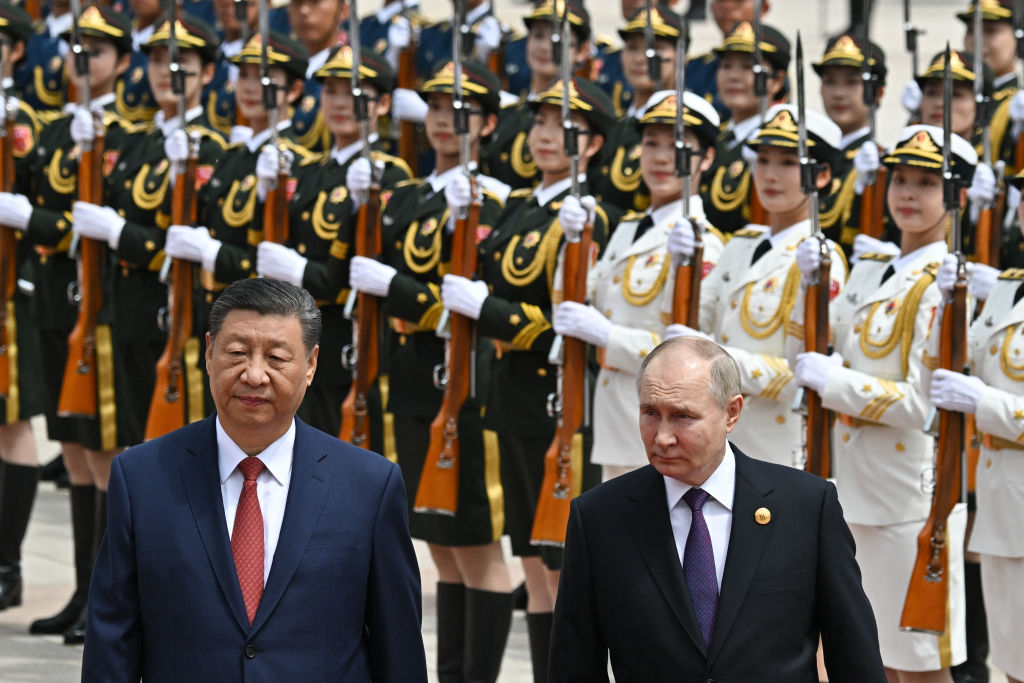
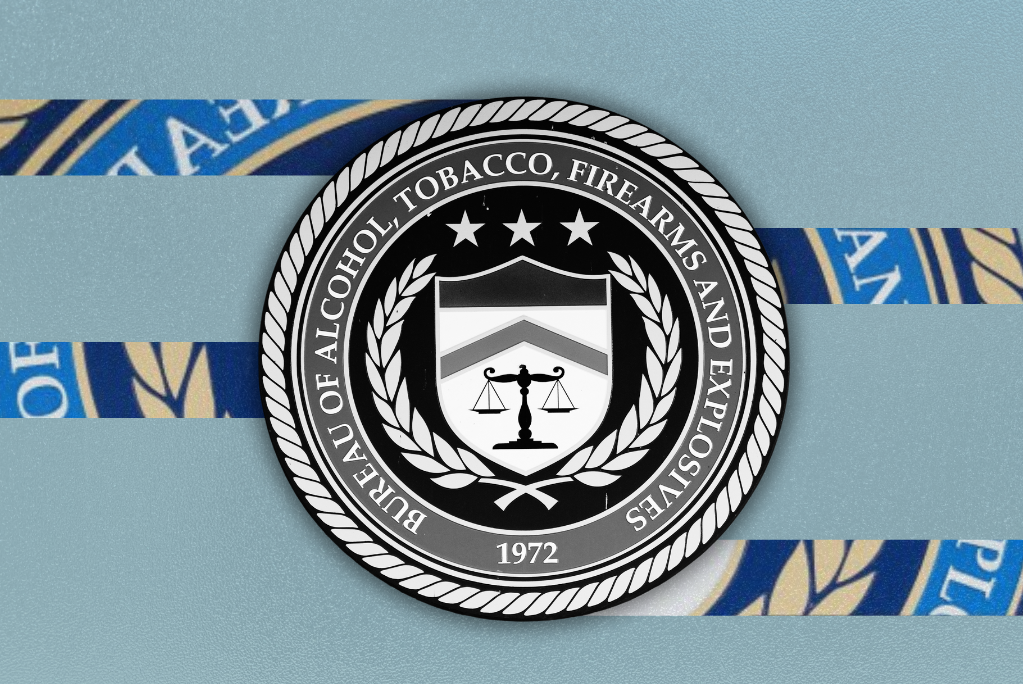

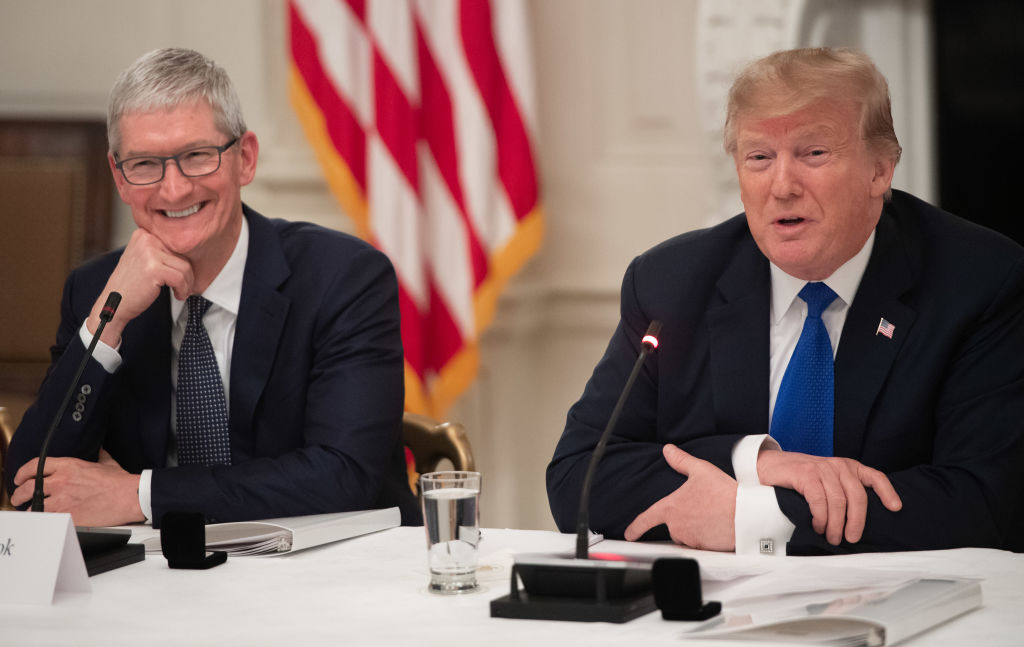
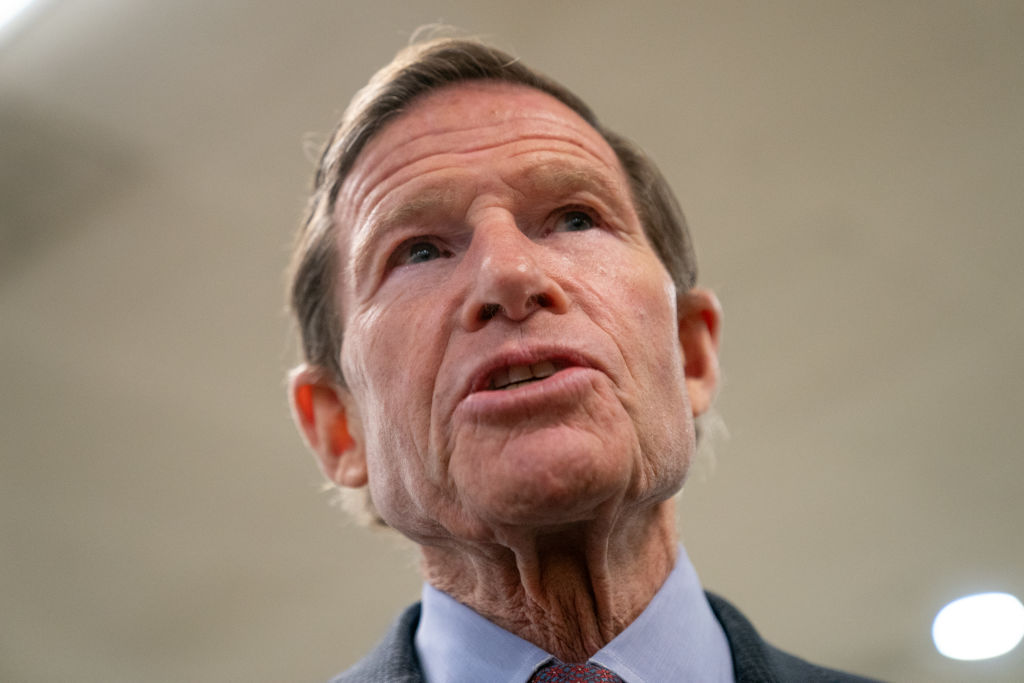
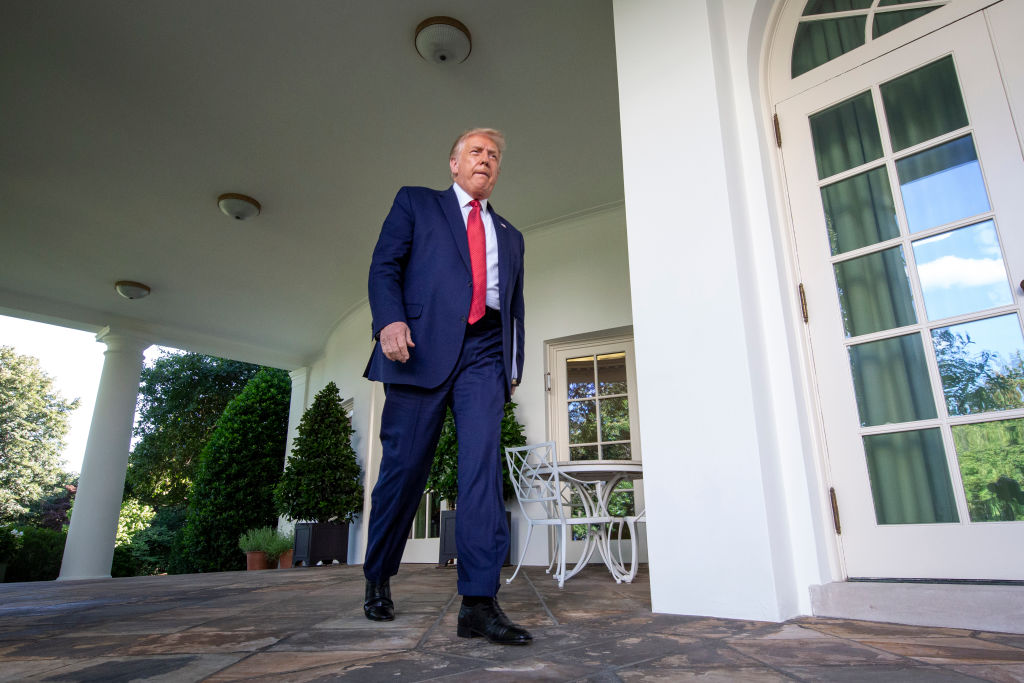

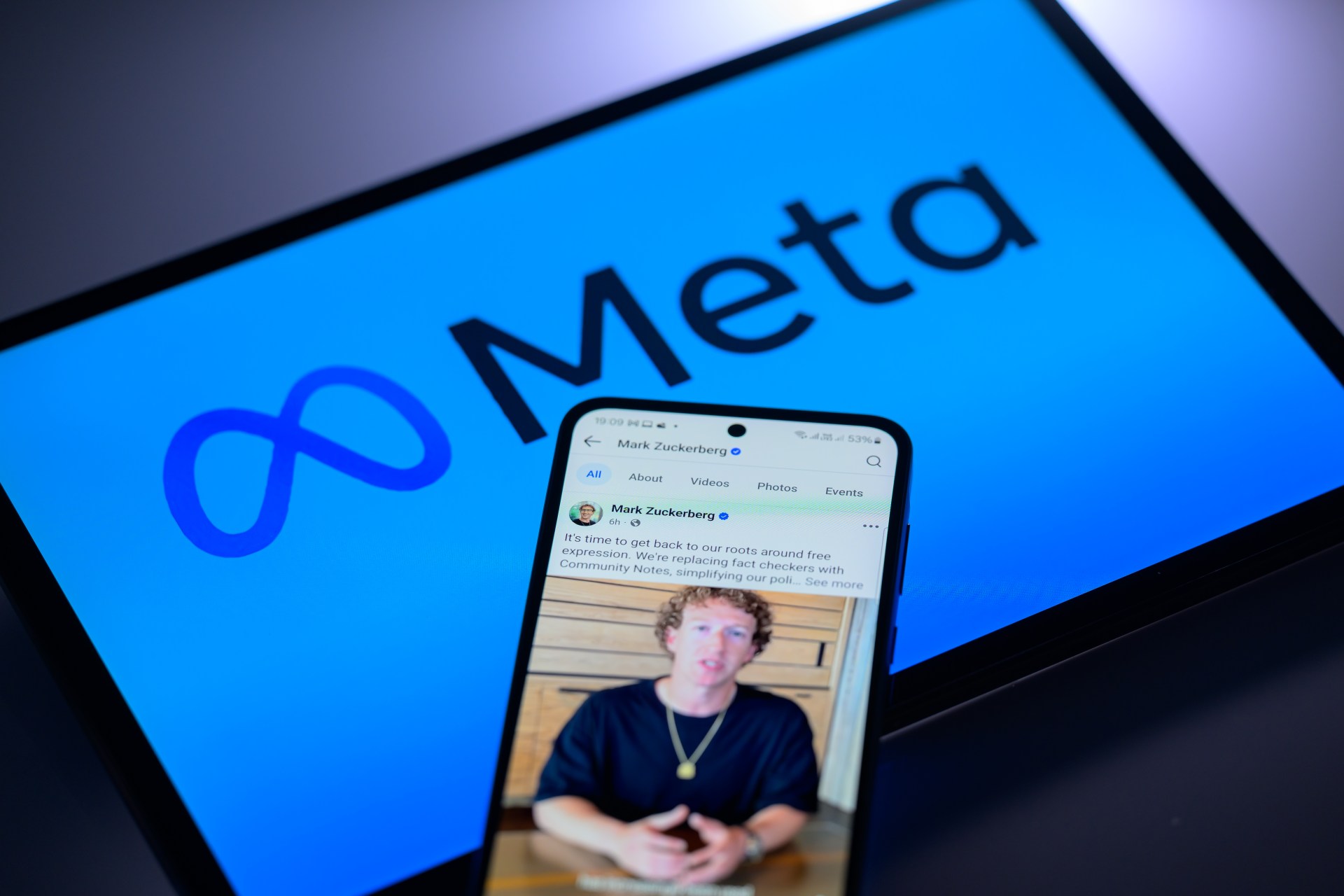
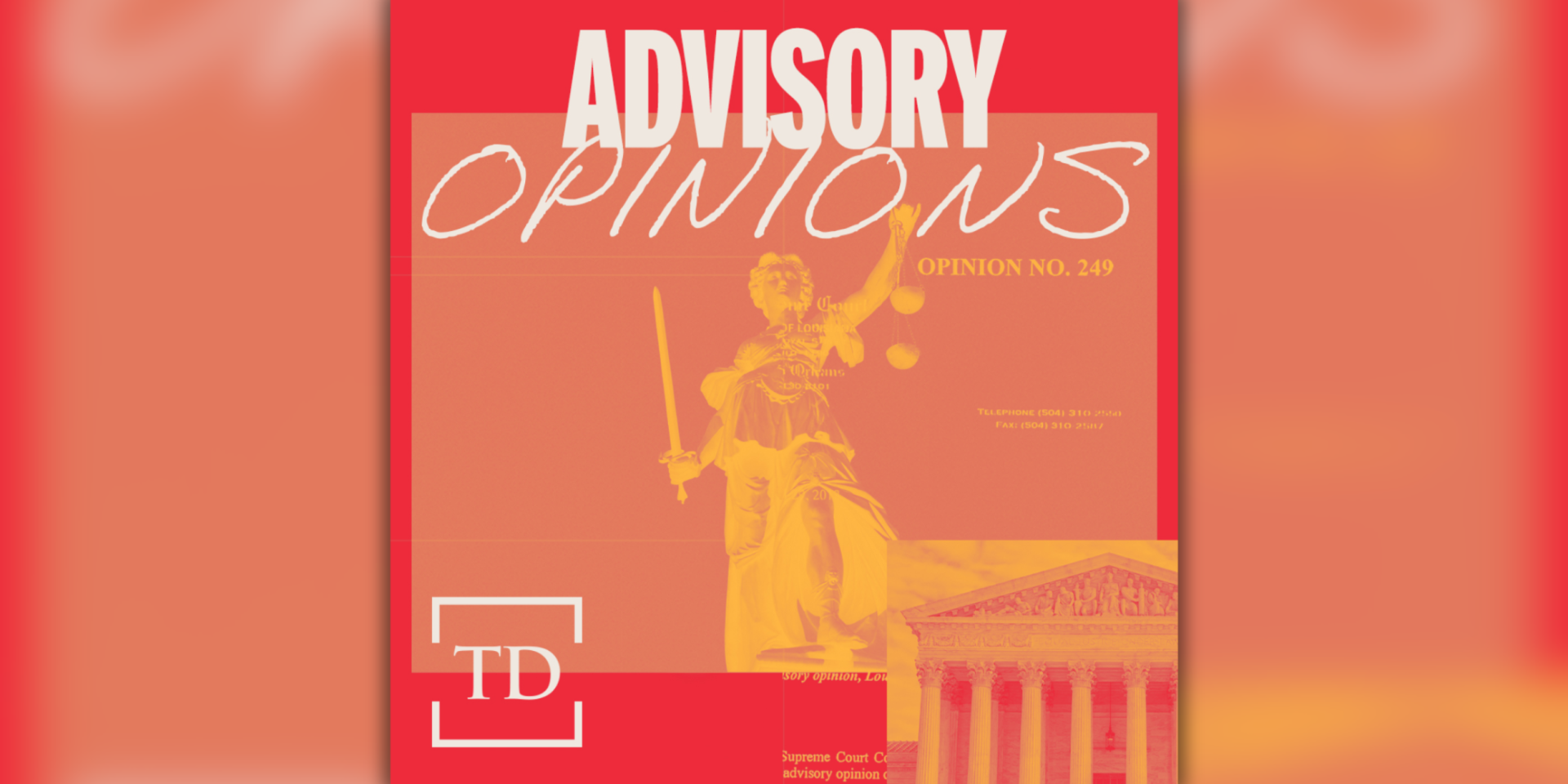

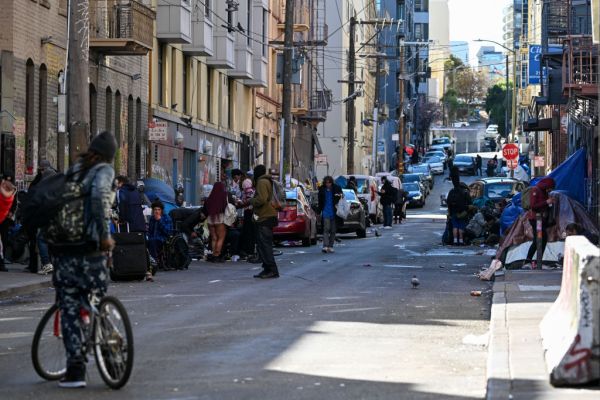
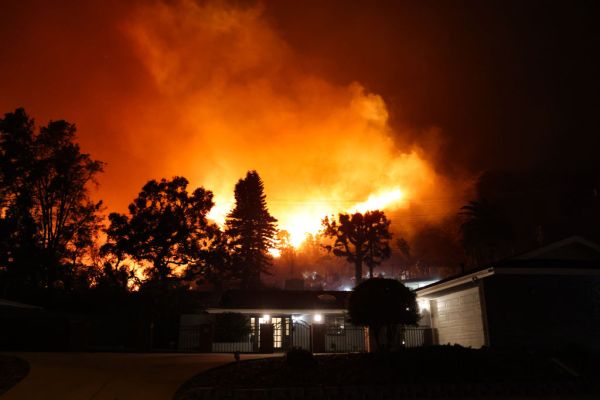


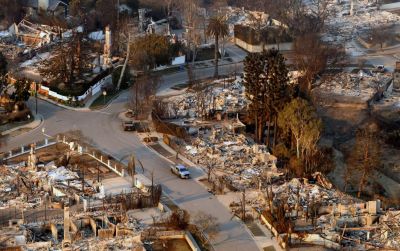
Please note that we at The Dispatch hold ourselves, our work, and our commenters to a higher standard than other places on the internet. We welcome comments that foster genuine debate or discussion—including comments critical of us or our work—but responses that include ad hominem attacks on fellow Dispatch members or are intended to stoke fear and anger may be moderated.
With your membership, you only have the ability to comment on The Morning Dispatch articles. Consider upgrading to join the conversation everywhere.